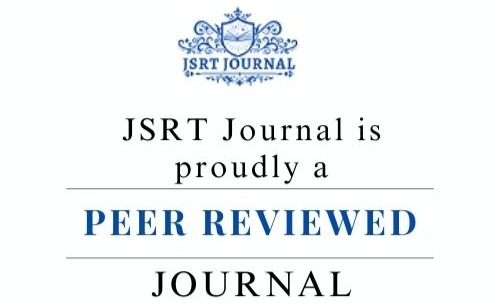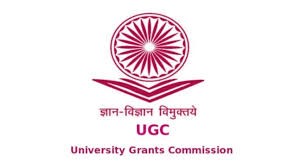A Scheme For Distributed Authentication And Revocation In Decentralized VANET'S
DOI:
https://doi.org/10.61808/jsrt239Keywords:
Vehicular Ad Hoc Networks (Vanets), Cryptographic, Low-Latency, Revocation, Intrusion, RSAAbstract
Ensuring secure communication and trust among vehicles in decentralized Vehicular Ad Hoc Networks (VANETs) is a critical challenge, especially in the absence of centralized infrastructure. This project presents a scheme for distributed authentication and revocation tailored for such decentralized VANET environments. At its core, the system enables each vehicle to autonomously generate a unique RSA key pair, ensuring that every participant holds a verifiable digital identity. A graphical user interface (GUI) developed in Python using Tkinter allows seamless registration of vehicles by binding their public keys to unique IDs and storing them in a local SQLite database. The authentication process is decentralized, with each vehicle capable of verifying others using publicly registered keys. The system also supports revocation by checking for duplicate or suspicious IDs, laying the foundation for a consensus roadside infrastructure to improve road safety, traffic efficiency, and driving comfort. However, due to the highly dynamic and decentralized nature of VANETs, ensuring secure and trustworthy communication among nodes remains a significant challenge. Traditional security solutions rely on centralized Certificate Authorities (CAs) for authentication and key management, which are often unsuitable or unavailable in real-time, infrastructure-less environments.-based or behavior-triggered revocation mechanism in extended implementations. The proposed scheme offers lightweight cryptographic security, real-time registration feedback, and resistance to impersonation or unauthorized vehicle access. This work contributes to the development of secure, scalable, and distributed trust mechanisms in VANETs and can be integrated into broader vehicular network simulations or real-time testbeds involving key management, intrusion detection, and misbehavior response.











